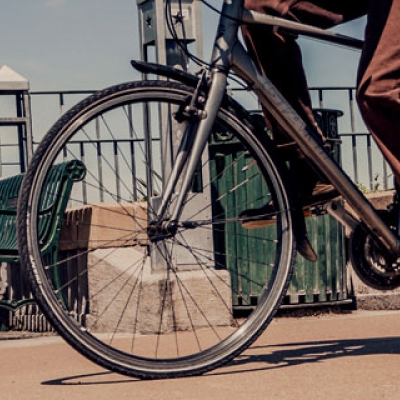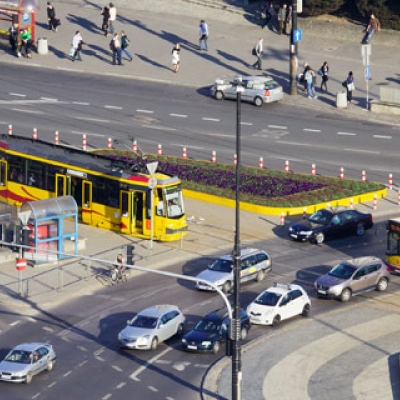
Peter Newman's Resilient Cities: The Sustainable Transport City
By Peter Newman / On August 10th, 2016
The agenda for cities of the future is to have more sustainable transport options available so that a city can indeed reduce its traffic whilst reducing its greenhouse gases 50 percent by 2050 (the global agenda set through the International Panel on Climate Change). For many cities the reduction of car use is not yet on the agenda apart from seeing it as an obviously good thing to do. Unfortunately for most cities traffic growth has been continuous and appears to be unstoppable.



